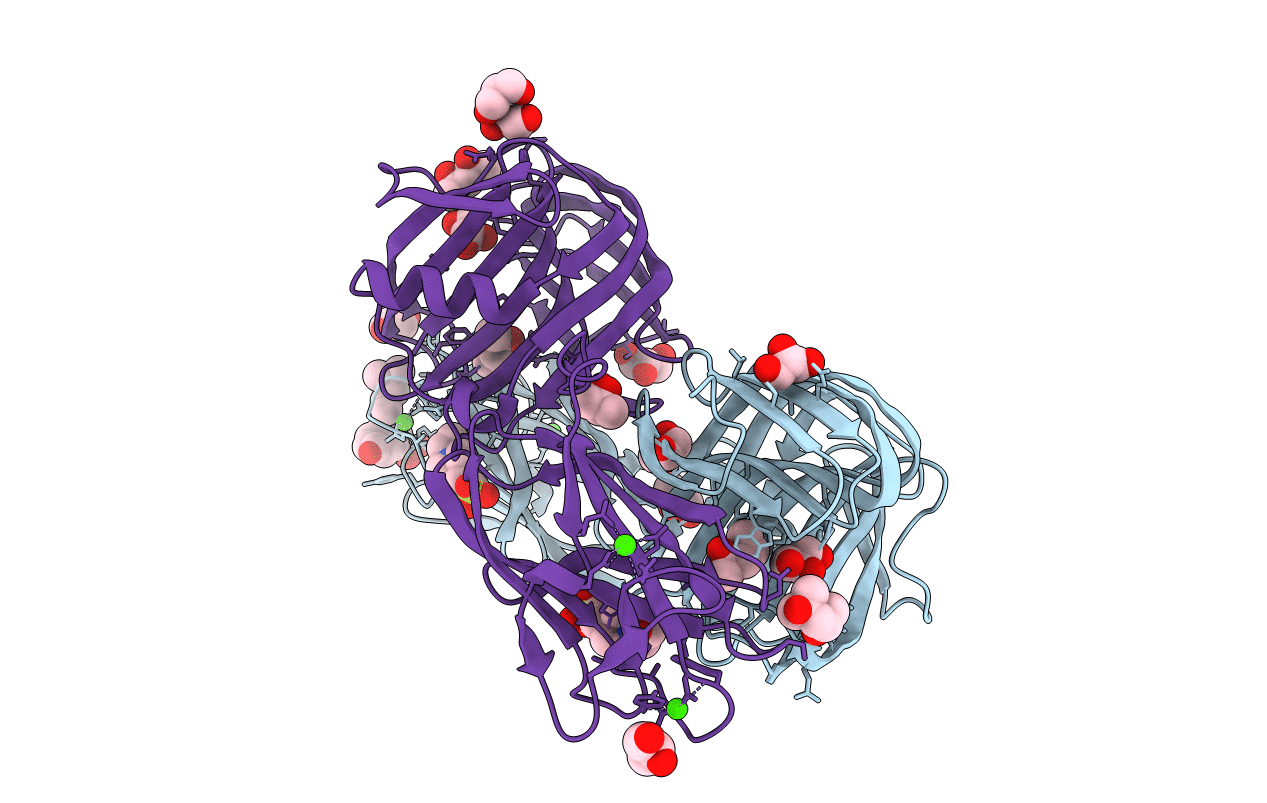
Deposition Date
2019-07-22
Release Date
2019-09-04
Last Version Date
2023-11-22
Entry Detail
Biological Source:
Source Organism(s):
Bacillus sp. 41M-1 (Taxon ID: 98930)
Expression System(s):
Method Details:
Experimental Method:
Resolution:
2.45 Å
R-Value Free:
0.19
R-Value Work:
0.16
R-Value Observed:
0.17
Space Group:
P 61 2 2


